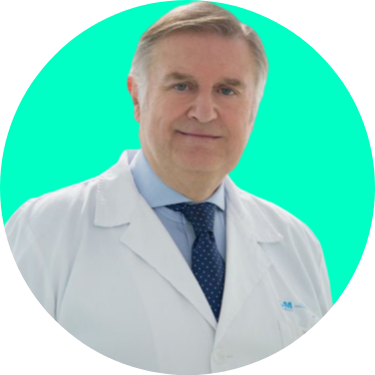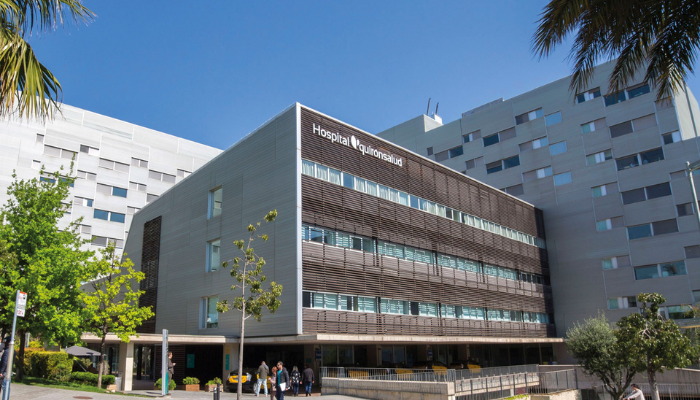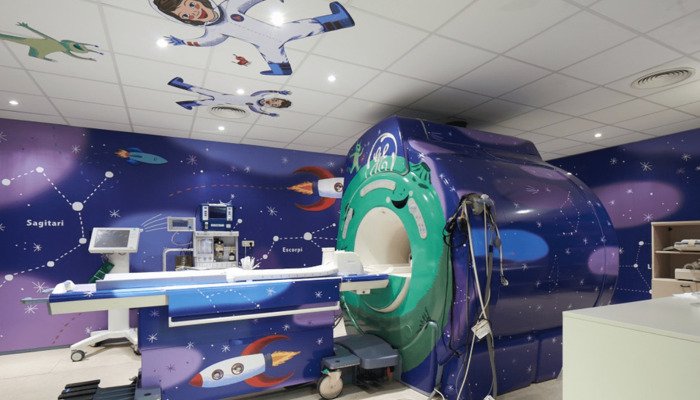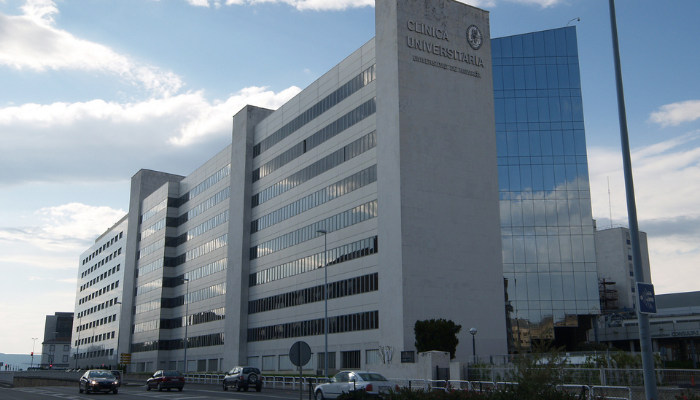Prostate Cancer treatment in Spain
Prostate Cancer is any malignant tumor that arises from cells in prostate tissue. Oncology clinics in Spain have an excellent outcome in surgeries and treatments that can be compared with the best oncology centers in the United States. These treatments, compared to countries like Germany or Israel are more affordable in Spain.
Spain has centers for proton therapy, Cyberknife for minimally invasive surgeries. Oncology hospitals in Spain are at the leaders in diagnosis and treatment.
Can we help you?
In a few moments, one of our specialists will contact you.









